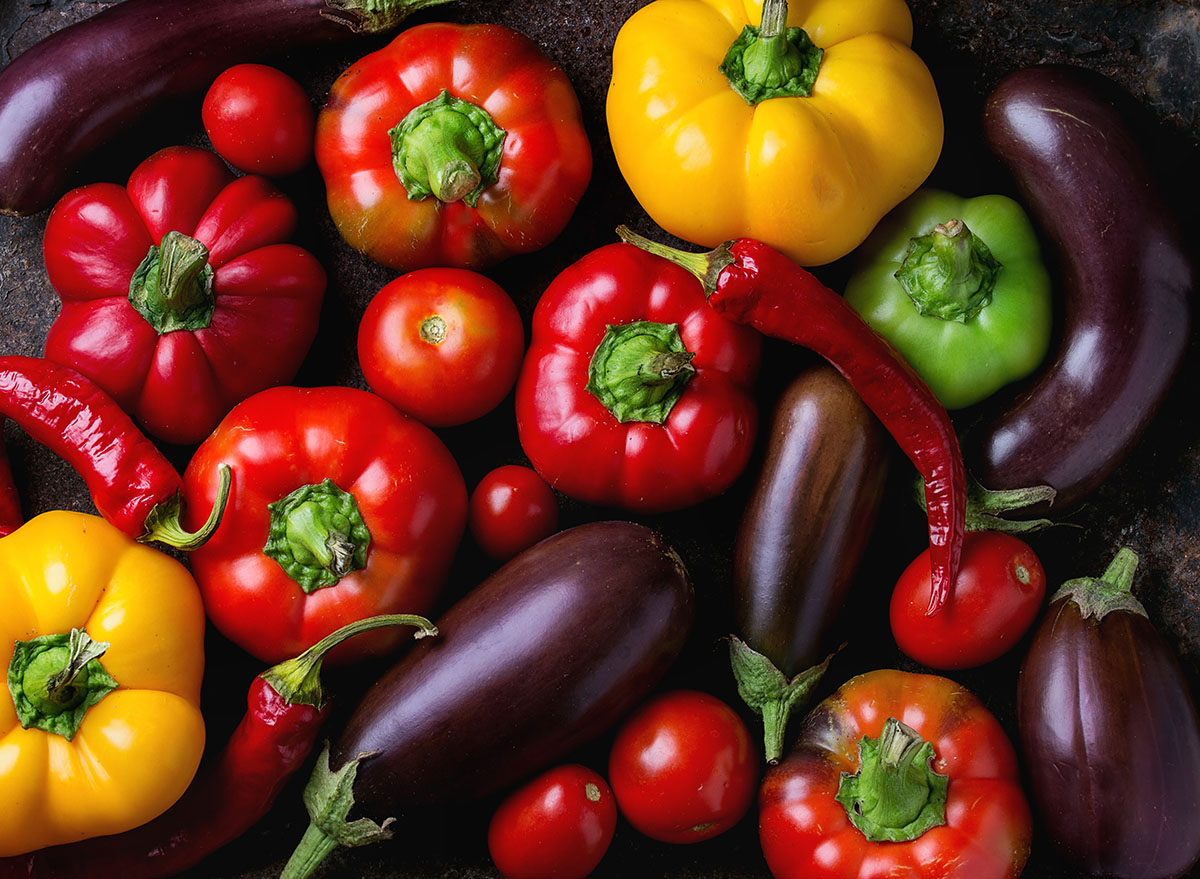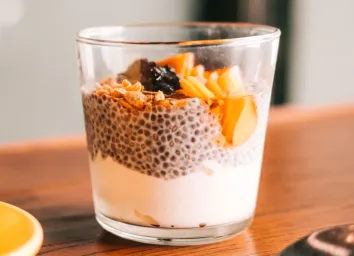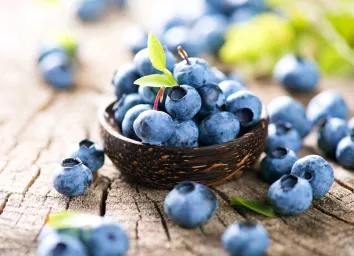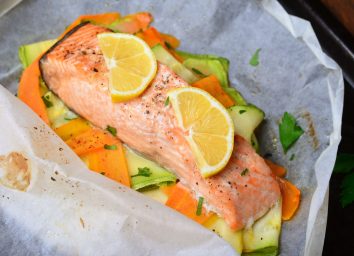Can Nightshade Vegetables Cause Inflammation?

Eat all your veggies. That’s been the healthy-eating gospel spread by everyone from your mom to your doctor. The message seemed to be pretty clear: Veggies = good, and it appeared as though we were all on the same page about this.
However, over the past few years, a certain group of veggies known as nightshades started drawing criticism. Most recently from New England Patriots quarterback Tom Brady, who said he avoids nightshade vegetables like tomatoes, eggplants, and peppers because he follows an anti-inflammatory diet and eats mostly alkaline foods. Allen Campbell, personal chef to Brady and supermodel wife Gisele Bündchen, echoed the sentiment in an interview, saying he is “very cautious” about letting tomatoes trickle into the Brady-Bündchen household because of their inflammatory properties.
Yes, it may be tempting to take nutrition advice from a Super Bowl-winning quarterback at face value, but do nightshades really deserve to be vilified, and should we actually be taking such drastic measures as a complete boycott? We talked to dietitians and nutritionists to suss out the truth about all this shade being thrown at nightshades.
First of all, what are nightshades?
Nightshades are a family of flowering plants, also known as Solanaceae. There’s more than 2,000 species belonging to this botanical family, explains chef Julie Harrington, RD, co-author of The Healing Soup Cookbook. Most aren’t edible, but those that are seem to be hard to avoid at grocery stores.
These are the most common nightshades in the produce section:
- Tomatoes (all varieties)
- Potatoes (sweet yams and sweet potatoes are not nightshades)
- Bell peppers
- Hot peppers (habañero, jalapeño, chili, paprika, etc.)
- Eggplant
- Tomatillos
What makes nightshades so controversial?
They contain a poisonous alkaloid known as solanine. Some people may be sensitive to solanine, Harrington explains, which may cause them to notice symptoms of certain health issues worsen when they consume nightshade vegetables. However, solanine tends to be more highly concentrated in the leaves and stems of plants, and less so in the edible parts.
Why do some people avoid nightshades?
Like other veggies, nightshades contain nutrients, vitamins, and minerals, plus fiber that can help us feel full and lower cholesterol. In fact, tomatoes contain lycopene, which is anti-inflammatory and incredible for heart health, points out Nutrition Coach and Sports Dietitian Sarah Koszyk, MA, RDN.
So why do some, like Tom Brady, avoid them? Nightshade vegetables have been suggested to cause inflammation due to the chemical, solanine, explains Koszyk. Increased inflammation, for example, can aggravate arthritic symptoms like joint pain. “People may have felt increased pain when eating nightshade foods, but the jury is still out, and more research is needed to confirm the claim,” says Koszyk.
Research linking nightshades to human health problems is limited. A 2010 University of Alberta study involving mice with inflammatory bowel disease (IBD) found that commercial fried potato skins aggravated their intestinal inflammation. European test-tube studies have shown that tomatoes and peppers could increase leaky gut symptoms.
But health issues caused or exacerbated by consuming nightshades really comes down to each individuals’ unique circumstances, experts say. Like with any food, if you don’t tolerate tomatoes, eggplant, or peppers well, you should avoid eating them, Koszyk says. If you suspect you have a food sensitivity, she suggests using the Mediator Release Test to investigate the source of your issues before cutting an entire food group from your diet. If it’s confirmed that you do have a food-induced inflammatory reaction, then you can refrain from eating those specific foods, she says.
What are some healthy substitutes for nightshades?
If you do rule nightshades out of your diet, continue to eat a variety of colorful veggies, Koszyk says.
Here are some vegetable substitutes you can eat instead that aren’t in the nightshade family:
- Carrots
- Kale
- Spinach
- Zucchini
- Broccoli
- Cauliflower
- Mushrooms
- Yellow squash
Koszyk suggests sweet potatoes as a substitute for potatoes and citrus as a good source for supplementing your vitamin C intake.
But what about those nightshades we actually love to eat, like tomatoes, which are the base of many delicious sauces and soups? A great tip comes from Randy Evans MS, RD, LD and consultant of Fresh n’ Lean: You can find some “nomato” recipes online that make sauces with ingredients like beets, carrots, broth, and garlic.
Bottom line: Should you give up nightshades?
The message is still pretty consistent: Keep eating all of your veggies. “Most Americans don’t get enough vegetables in their diet at all,” says Michelle Pillepich, MPH, RD. “Any fruit or vegetable will provide vitamins, minerals, and fiber, and is part of a well rounded healthy diet—whether it’s a nightshade or not.”
So unless you have experienced first-hand the negative effects of nightshades on your overall wellness, you would most likely benefit from eating them just like any other vegetable.








